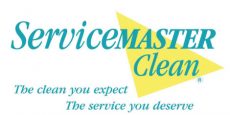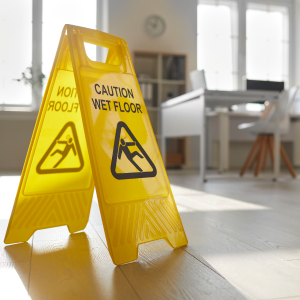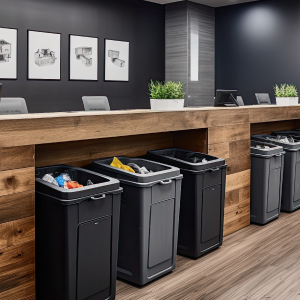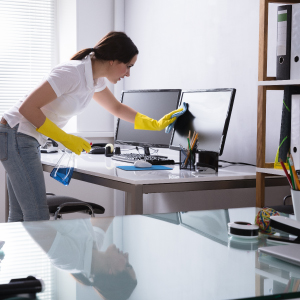It seems that we are living in an era of increased anxiety, where concerns for our health,
safety, relationships, politics and finances is mixed up with uncertainty and an increasing
struggle to cope with the pressures of modern life. It’s as if the more chaotic the world
appears, the more we want to control our environments – and yet so often we can’t.
Perhaps this goes some way to explaining the rise in popularity of cleaning itself – something we can control – and ‘cleaning influencers’ – people who have huge numbers of followers online as they share their cleaning rituals and preferred products.
So where does the idea of stress-busting come in?
Well, the idea is that when we clean, not only do we enjoy the agreeable results of our endeavours, but the actual physical activity and process of doing it has stress-relieving powers. By having a series of small, achievable challenges with instantly visible results, we feel more in control of our circumstances and cope better with our difficulties. So, when we are cleaning, we are able to keep our minds off what is worrying us, clear our heads and be fully focused on the task in hand.
As a way to manage anxiety, it rather puts a different slant on what we might traditionally think of as an onerous task of drudgery.
Well, studies do seem to bear this out. De-cluttering has been big for a while and there is the idea that a decluttered, clean and orderly home encourages us to have a calmer outlook and soothed psyche.
But there is a word of caution when it comes to this particular method of stress self-help:
Lynsey Crombie, who appeared on our TVs in Obsessive Compulsive Cleaners, admits that trauma led her to an obsessive desire to clean after her twins were born prematurely.
“That sort of caused and fuelled the nervousness inside me to protect them by maintaining their environment.”
Crombie suggests an approach to combat this if you think that your need to clean may be bordering a little on the excessive:
“Get yourself a timer. Clean for an hour or so, as opposed to the whole day,” she says.
By putting a time limit on what you do, you can look at what you’ve achieved rather than what you haven’t and stop or even go out to prevent you from cleaning constantly.
So, overall, it seems that cleaning can undoubtedly have a restorative and calming effect on us and can be a useful tool against anxiety – so long as we don’t let it become a compulsion.
ServiceMaster Clean provides exceptional commercial office cleaning.
To discuss your cleaning requirements with our experts, please get in touch.







